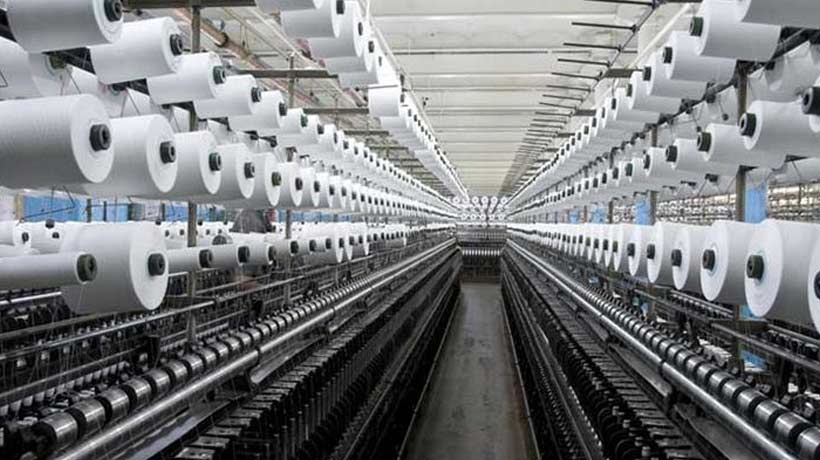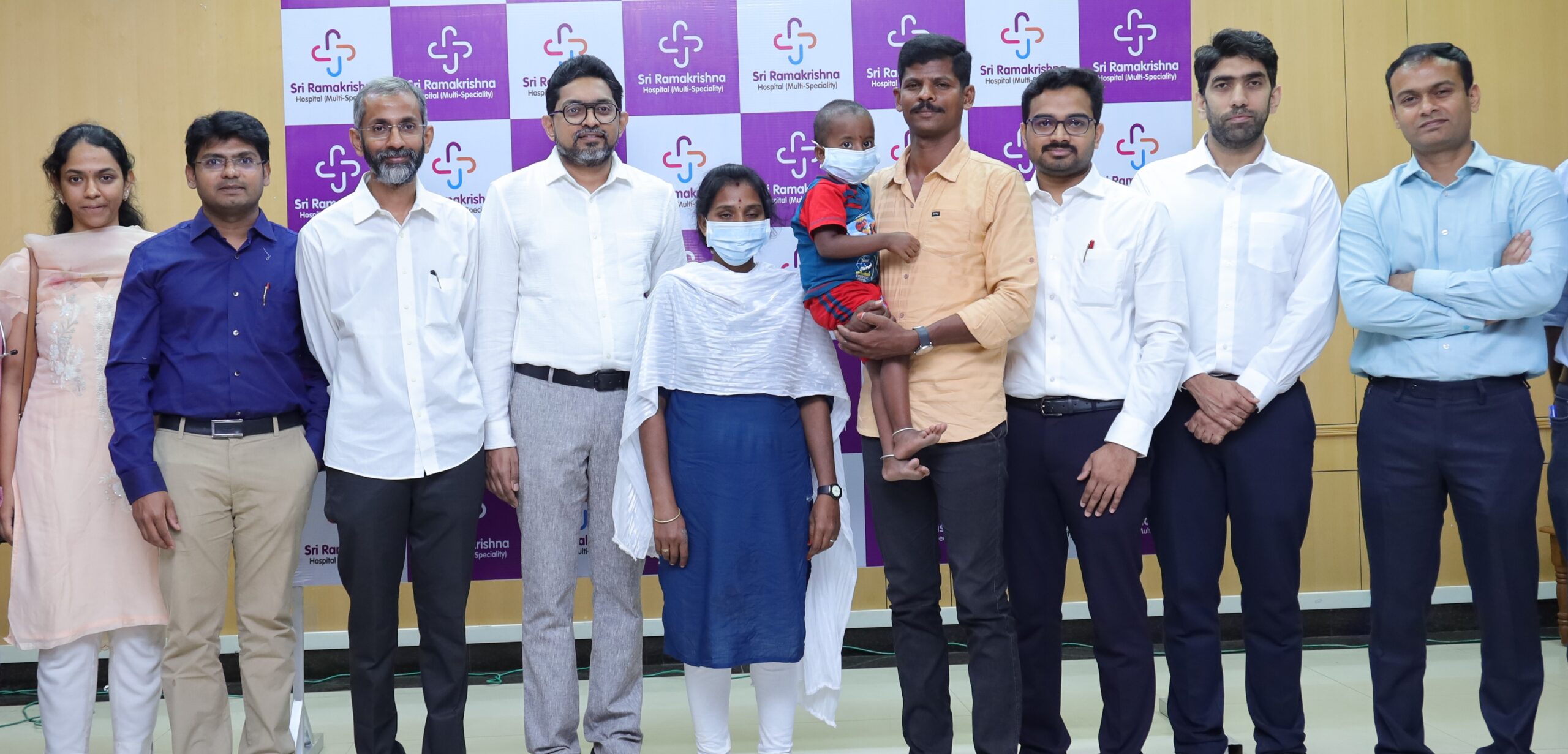Trending Now
- 830 voters names go missing in Kavundampalayam constituency
- If BJP comes to power we shall consider bringing back electoral bonds: Nirmala Sitaraman
- Monitoring at check posts between Kerala and TN intensified as bird flu gets virulent in Kerala
Coimbatore
Policy intervention on hank yarn obligation sought
![]() April 25, 2018
April 25, 2018
COIMBATORE: Textile yarn manufacturing mills in the region on Wednesday urged Union Textile Minister Smriti Irani to take steps to reduce the Hank Yarn Obligation from 40 per cent to 10 per cent and enable ease of doing business for the entire cotton textile industry.
In identical letters to the Minister, managing directors of nearly 400 such mills said in the post-GST era, the demand for hank yarn has drastically reduced as both cone yarn and hank yarn have been brought under the same rate of five per cent GST.
“In view of this, the spinning mills are not in a position to market the hank yarn and fulfill the obligation after the implementation of GST, which might lead to severe penal action against the spinning mills across the country as the obligation is covered under the Essential Commodities Act,” they said.
ALSO READ : Jallikkattu violence: Mixed version on police role, says panel
Considering this, an urgent policy intervention in this regard was very much essential to prevent such consequences, as these kind of unrealistic restrictions were making the mills globally uncompetitive, despite the efforts of the Ministry to promote exports.
Stating that the first handloom census 1987-88 reported the total number of working handlooms in the country as 36.10 lakhs and the second census 1995-96, come down to 31.37 lakhs, the letters said that as per the third census 2009 10, the number of working handlooms further reduced 21.47 lakhs.
“As the handloom fabric production especially the plain varieties have become economically unviable, there might be significant reduction in the capacity during the last decade as well,” they said.
“On the other hand the cotton yarn production has increased by 133 per cent from 1,321 million kgs in 1987-88 to 3,079 million kgs in 2009-10. However, number of handlooms in operation in the country have reduced by about 41 per cent. During 2016-17, the spinning sector produced 4,061 million kgs of cotton yarn, registering an increase of 207 per cent as compared to 1987-88,” they added.























